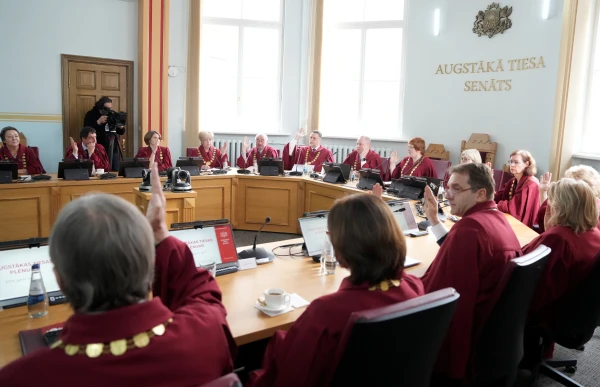
The Supreme Court (SC) expresses its bewilderment regarding the position and rhetoric of the Cabinet of Ministers, which disseminates information in the public space about allegedly excessive demands from the SC when submitting a request for additional funding for certain security measures identified as priorities, the court informed the LETA agency.
According to the court, such rhetoric was used by Prime Minister Evika Siliņa (New Unity).
As the Supreme Court emphasizes, the Cabinet of Ministers, in response to the request of the Legal Commission of the Saeima, indicates that the process of preparing this budget project differed from previous years, considering the tense external geopolitical situation. The Supreme Court notes that the procedure for preparing the budget project is established by regulatory acts and cannot be adapted to each situation without making the corresponding changes to the regulatory acts.
"The Supreme Court does not live in isolation from the state and society," the court emphasizes, adding that the court understands and supports the priority of funding for security and defense in the state budget and expresses solidarity with other sectors that will have to reduce their current activities or possibly their development. Therefore, the court also understands and respects that neither judges nor court staff, including judges' assistants, will receive additional funding in 2026.
The court emphasizes that, as in previous years, the main item of expenditure in the Supreme Court's budget for 2026 is salaries, accounting for 92.4% of the budget. Spending on goods and services is set at 6.4% of expenditures, of which more than 50% is for IT solutions, the costs of which will only increase in 2026. For example, changes in regulatory acts require entering into a contract with a cybersecurity operator, which is a paid external service. Capital purchases are allocated 1.1%, and international cooperation receives 0.1%.
Given this structure, as well as the fact that the Supreme Court has previously formed its budget conservatively and has not requested or accumulated excessive funds, the possibilities for significantly reducing expenses without affecting the court's core activities are limited. Nevertheless, after carefully analyzing and reviewing financial positions, the Supreme Court, in solidarity with other state institutions, has reduced expenditures for 2026 by 20,000 euros in areas related to training, business trips, and international cooperation.
The budget request of the Supreme Court included two activities directly related to security. The first is the improvement of security systems in the premises of the Supreme Court's Security Department to meet new legal requirements. The Cabinet of Ministers excluded this item from the request, which is why it was not submitted to the Saeima, despite the fact that these funds were necessary to meet the security standards established by the government itself in the regulatory acts.
The court emphasizes that it has decided to implement this priority activity in accordance with legal requirements by reallocating resources from less priority actions. This has become possible as a budget surplus is expected by the end of the year, and the amount is relatively small – 25,000 euros.
The second priority concerned ensuring the operation of the Supreme Court in the face of potential threats, preparing for a scenario in which the IT infrastructure would be compromised or access to the court building would be impossible. For these purposes, 200,000 euros were requested.
To implement this measure, the Supreme Court cannot reallocate funds from activities where non-expenditure is forecasted. This is because organizing such a large-scale procurement in the remaining period of the budget year – 1–2 months – is impossible.
Enhancing the security of the Supreme Court's IT infrastructure is an important security measure, and the funding necessary for the use of cloud services cannot depend on the execution or non-execution of the budget, which the Supreme Court cannot predict, the court emphasizes.
The court urges understanding that the budget request is prepared to fulfill all functions of the Supreme Court.
At the same time, the actual execution of the budget cannot be planned absolutely accurately, as it depends on many random factors, the court adds. For example, if a senator retires in April, a vacancy arises, and a budget surplus is formed. The competition for the position can take up to six months and often ends unsuccessfully, after which a repeat competition is held.
Budget execution is also affected by staff turnover, employee vacations, performance evaluations, prices, and delivery times for goods and services. Therefore, although the budget is planned at 100%, it is impossible to execute it fully, and each year the level of budget non-execution varies.
The Supreme Court points out that the budget surplus is transferred to the State Treasury and does not disappear anywhere. The court also notes that the annual reports of the Supreme Court have always been accepted and audited by the State Audit Office without comments.
"Thus, the Supreme Court cannot accept public reproaches from the Prime Minister, which may negatively affect public trust in the court, which has significantly increased in recent years," the court emphasizes.
It was previously reported that the Cabinet of Ministers calls on the Supreme Court to first review its expenditures and assess the possibilities of reallocating funds for urgent priority activities from those items where non-expenditure arises. This is stated in the government's approved response to the letter from the Legal Commission of the Saeima and the Supreme Court regarding the court's priority activities and the funding necessary for their implementation.
If necessary, the government urges the Supreme Court to submit proposals for reallocating funds within its budget for consideration in the second reading of the state budget for the next year in the Saeima.
In response to the letter from the Legal Commission of the Saeima, the Cabinet of Ministers indicates that the process of preparing this budget project differed from previous years, considering the tense geopolitical situation and NATO's decisions to increase defense spending among member states.
Accordingly, at the meeting on May 13, 2025, the government decided that from 2026 it would aim for expenditures of 5% of GDP for state defense needs, achieving NATO goals and ensuring security, as well as military assistance to Ukraine.
It was also instructed to increase the efficiency of the public sector and reduce overall government expenditures by at least 450 million euros in 2026–2028, including at least 150 million euros in 2026, to primarily ensure additional funding for defense. To fulfill this task, several government decisions were made regarding the reduction of public sector expenditures during the preparation of the budget project.
At the same time, the government's letter notes that in the Progress Report on the Fiscal Structural Plan of Latvia for 2025–2028, reviewed by the government on April 15, 2025, it was stated that under the current macroeconomic development forecasts, the fiscal space for the next budget cycle is negative. According to the Law on Budget and Financial Management, ministries and other central state institutions submit proposals for priority activities and the funding necessary for their implementation only if funds will be available in subsequent economic years according to current macroeconomic forecasts.
Accordingly, at the government meeting on June 25, 2025, ministries and other central institutions were instructed not to submit proposals for priority activities, while independent institutions were recommended to refrain from submitting such proposals.
Nevertheless, the government's response emphasizes that independent institutions have the right to submit proposals for priority activities, and their budget requests cannot be changed without the consent of the submitter before the budget project is submitted to the government.
Accordingly, the Ministry of Finance summarized all proposals submitted by independent institutions regarding priority activities and presented them for consideration to the Cabinet of Ministers on August 19, 2025. Representatives of all independent institutions were invited to this discussion.
Also, at the Cabinet of Ministers meeting on September 22, 2025, which considered the information note "On the priority activities included in the draft state budget for 2026, 2027, and 2028," representatives of all independent institutions were invited. At this meeting, the representative of the Supreme Court did not take the opportunity to express his opinion.
Additionally, the government's response indicates that according to the Law on the State Budget for 2025, the budget of the Supreme Court for 2025 increased by 427,900 euros compared to the previous year, while the actual execution of the Supreme Court's budget in 2024 was 959,800 euros less than the approved plan. Also, for the nine months of 2025, the execution of the Supreme Court's budget was only 65.5%, which corresponds to approximately seven months of execution, from which the government concluded that there may also be non-execution of expenditures in 2025 compared to the approved plan.
To finance priority activities in 2026, the Supreme Court requests 609,990 euros, for 2027 – 554,860 euros, and for 2028 and 2029 – 0.5 million euros each. The main activities include maintaining a competitive remuneration system for Supreme Court employees, for which 314,860 euros are needed annually from 2026 to 2029, as well as providing a state expert in the Directorate for Research and Documentation of the Court of Justice of the European Union, for which 55,130 euros are needed in 2026. Additionally, 30,000 euros are required in 2026 and 2027 for the improvement of security systems in the premises of the Security Department.
At the end of September, the Chairman of the Supreme Court, Aigars Strupišs, noted at a meeting of the Saeima Budget and Finance (Tax) Committee that the Supreme Court also plans to freeze salaries, while explaining that there are priorities that the court cannot abandon – for example, 30,000 euros for ensuring security in the premises, as well as about 200,000 euros for transferring IT systems to servers located abroad.
At the same time, Strupišs acknowledged that the Supreme Court's administrative expenses could be reduced by 20,000 euros through training and business trips.

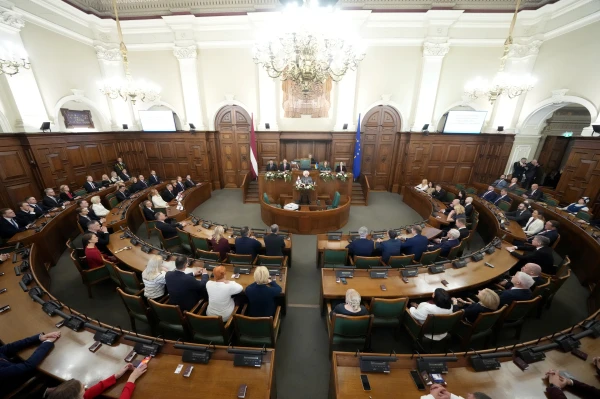
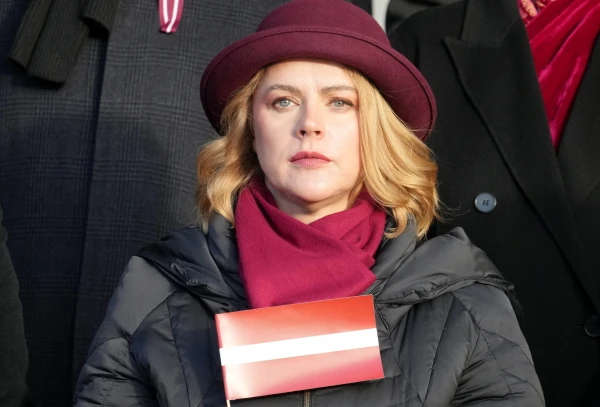
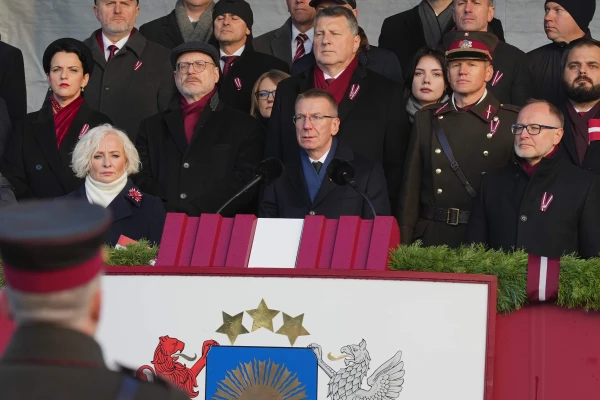
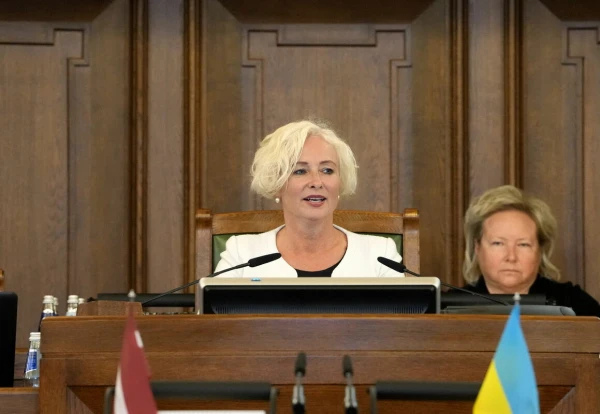
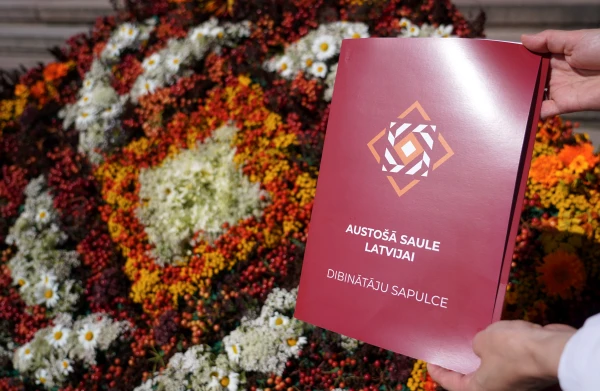
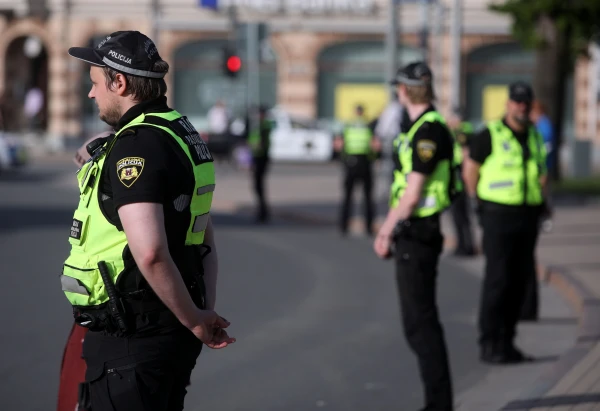

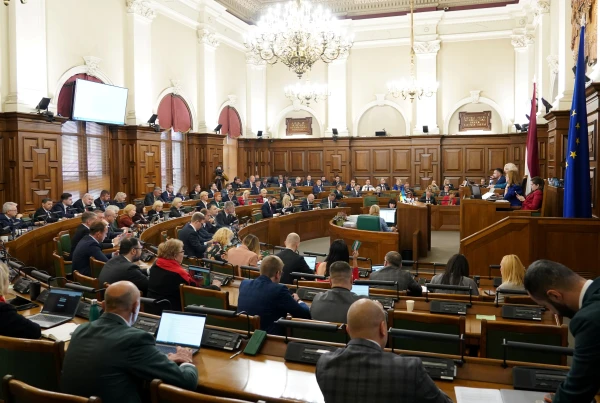




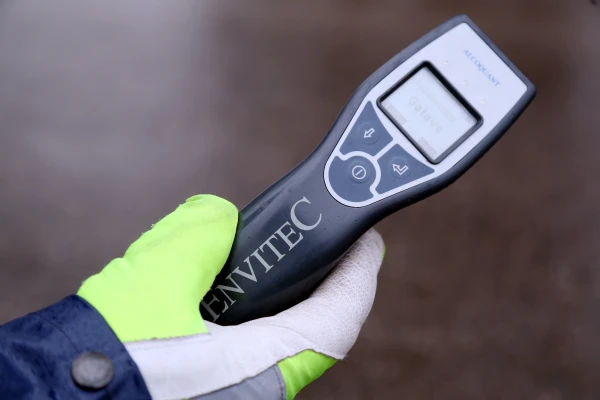

Leave a comment